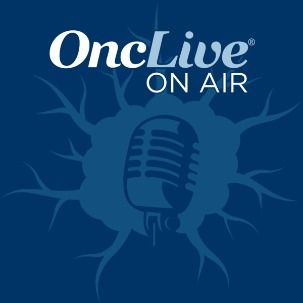Video
Dr. Crew on Treatment in Favorable-Risk HER2+ Breast Cancer
Author(s):
Katherine Crew, MD, MS, discusses treatment for patients with favorable-risk early-stage HER2-positive breast cancer.
Katherine D. Crew, MD, MS, director of Clinical Breast Cancer Prevention Program, Columbia University Irving Medical Center, and director of DataBase Shared Resource at Herbert Irving Comprehensive Cancer Center, Columbia University, discusses treatment for patients with favorable-risk early-stage HER2-positive breast cancer.
The majority of patients with small HER2-positive breast cancer, such as stage I or screen-detected disease, are excluded from large adjuvant trials with trastuzumab (Herceptin), says Crew. However, in the phase II APT trial, women with node-negative disease and tumors ≤3 cm received weekly paclitaxel and trastuzumab for 12 cycles followed by adjuvant trastuzumab. The 7-year update, which was published in the Journal of Clinical Oncology in 2019, demonstrated an excellent disease-free survival (DFS) and overall survival benefit with this approach, says Crew. These data suggest that patients with favorable-risk disease may not need intensive chemotherapy with anthracyclines, adds Crew.
The phase II ATEMPT trial, which was presented at the 2019 San Antonio Breast Cancer Symposium, also evaluated the intensity of treatment in favorable-risk patients. Patients were randomized to receive either trastuzumab emtansine (T-DM1; Kadcyla) for 1 year versus weekly trastuzumab and paclitaxel. The 3-year DFS and recurrence-free survival with T-DM1 was 97.7% and 99.1%, respectively. Notably, trastuzumab and paclitaxel caused more acute neuropathy, but long-term T-DM1 was associated with abnormal liver function tests and thrombocytopenia that led to early discontinuation of treatment, says Crew. Given the toxicity profile of T-DM1, it may not be an optimal choice for patients with favorable-risk disease, concludes Crew.









